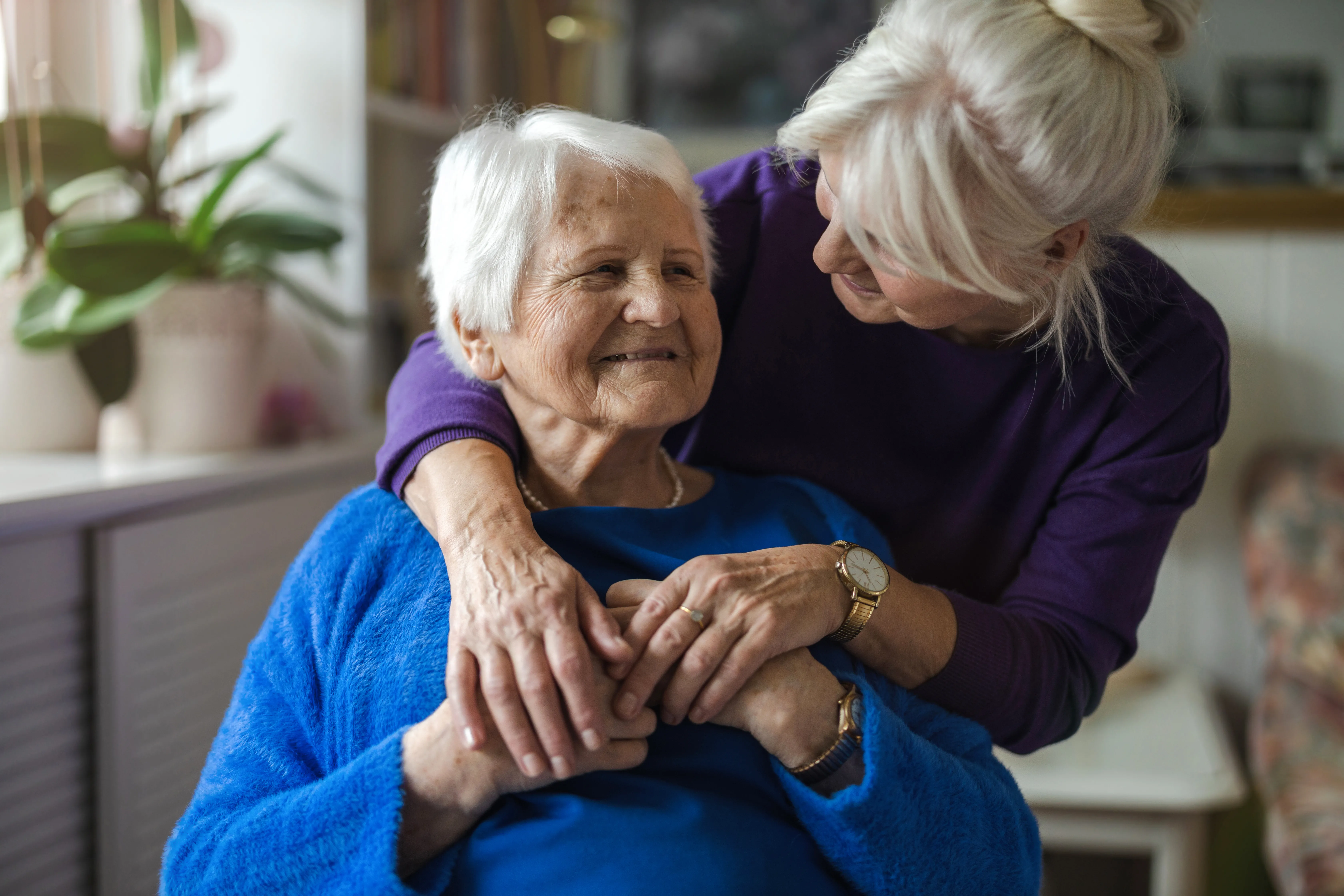Avoid Burnout With 7 Essential Caregiver Strategies
Caregivers report higher levels of mental, physical and emotional health struggles than the general population.
Nearly 4.4 million Americans age 18 and older provide unpaid support to an ill or disabled adult, according to the National Alliance for Caregiving and AARP. Most caregivers are unprepared for this role, and many have very little support.
Setting reasonable expectations can help with this heavy load. Giving back to yourself is not selfish– instead, it can improve your caregiving potential.
If you feel overwhelmed, have physical concerns or mental struggles while being a caregiver, you likely need to focus on self care. It’s a difficult step, but it will pay dividends for you and the long-term care of your loved one.
- Schedule time to get away. In the busy world of caregiving, this can be hard to achieve. After all, your loved one has appointments set, and your to-do list is a mile long. Setting up time aside to do something for yourself, even for a short time, will provide you with a mental boost.
- Rest when they rest. This age-old adage still rings true. Take a nap or read a book when your loved one is resting. Getting off of your feet, even for a short time, can help your mental and physical health.
- Build (or find) a support group. If you don’t have a group of relatives or friends that you can talk to regularly, many health care and religious organizations offer support groups for caregivers. It is important to find a group of like-minded individuals who encourage and support each other.
- Find others to help. Asking for help can be difficult, but often-times friends and relatives are happy to help perform a specific task. Ask a neighbor to sit with your loved one for an hour. Invite a friend to help with cooking. Request that a relative shuttle your loved-one to an appointment or call to check-in on a regular basis. Be specific about what needs to be done and divide up the tasks. If you don’t have friends or family to help, consider asking religious or community organizations for help or involve professional caregiver services.
- Pamper yourself. Anticipation can be exciting. Plan an appointment or a fun activity, like a massage or movie, to look forward to. Whatever you enjoy, give in to it once in a while.
- Avoid isolation. Your life may be different now, but do your best to stay in touch with friends and relatives. If you have an activity you enjoy, stick with it. Physical activity and socialization are positive coping strategies that research has shown can reduce stress and improve mental health.
- Try counseling. The emotional burden of caregiving is often more than one person can manage. Whether in person or online, counselors are more accessible than ever. A counselor can provide support and strategies to better manage the challenges of caregiving.
Join us at the next Survivorship Social!
The Survivorship Social is a place where patients, families, caregivers and friends come together to talk to other survivors or caregivers. This support group is a safe place to talk through treatments, problems or to give advice and find support. Socials are held on the third Tuesday of every month at 1:30 in the Priority Toyota Cancer Center conference room. All are welcome.
Rebecca “Becki” Sentell, R.N., is the Clinical Coordinator for Chemotherapy at Chesapeake Regional Healthcare’s Priority Toyota Cancer Treatment Center.
